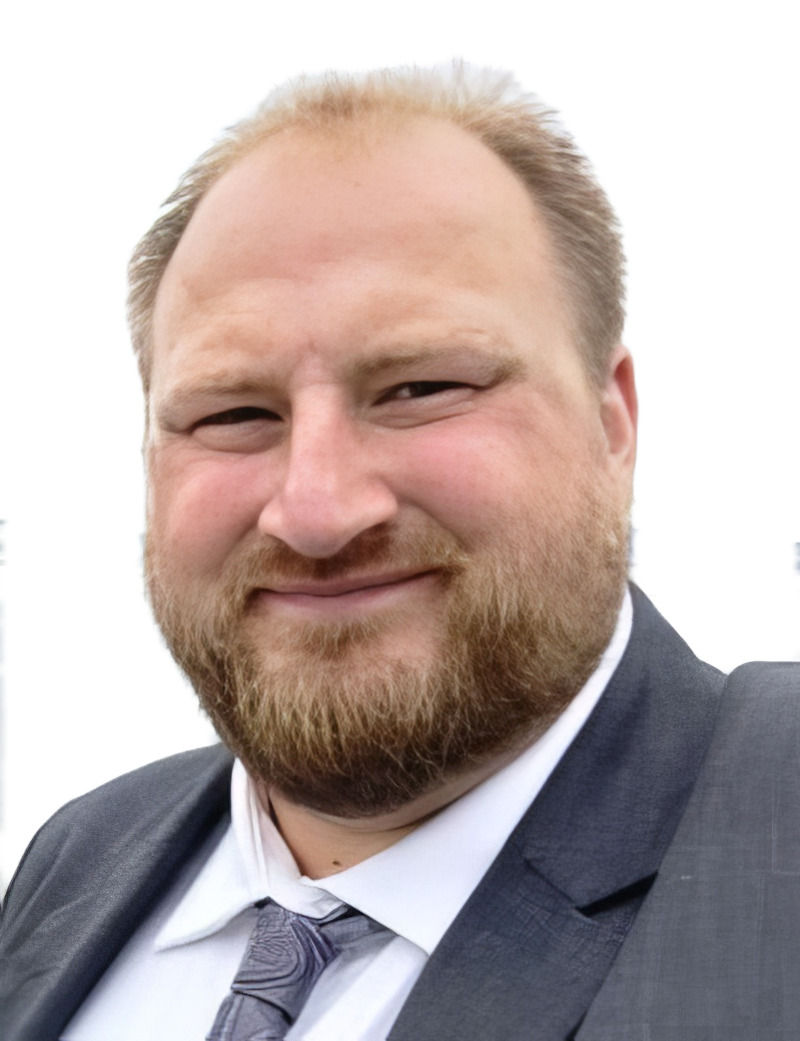Connective Tissue Disorders and Autism?
- Jul 12, 2023
- 2 min read
Updated: Apr 7, 2025
by Rosie Baruah 46
Consultant in Intensive Care Medicine, University of Edinburgh

Explanations are important to me.
I find reassurance and calm in knowing why things are as they are.
Discovering my autism at the age of 46 was one the ways in which I have been able to make sense of my life and why I perceive the world around me, and why some things that should be really really easy, I find very hard.
I am a doctor, and have been for half my life.
What has really struck me since I’ve begun exploring the world and my past through an autistic lens, is quite how little I knew about what it is like for an autistic person to live as an autistic person in a neurotypical world.
I also had so little knowledge about the health conditions that can co-exist with autism.
I was diagnosed with a connective tissue disorder – Sticker Syndrome – when I was 35.
I had no idea that connective tissue disorders and autism were such common companions and through the SEDSConnective.org website I’ve been able to find out so much more about this.
Stickler Syndrome is also known as hereditary opthalmo-arthopathy, and is an inherited genetic condition that can cause extreme short-sightedness, hearing impairment and joint pain and development of premature osteoarthritis. I have had two retinal detachments requiring surgery, a cataract removal, and a dozen injections into my right eye to treat a form of macular degeneration that is common in those with extreme short sightedness. As I get older, I am finding I am experiencing more joint issues with near constant discomfort in my hips and shoulders.
Like so many other connective tissue disorders, my Sticklers makes me very lightheaded if I stand up too quickly!
There is no cure for Sticklers, and I rely on the vigilance of an excellent ophthalmologist to keep my vision safe.
I wonder what it would be like to have multi-disciplinary, autism-friendly services that could monitor and support the needs of those of us with connective tissue disorders and autism?
Too often, we have to rely on luck to get the care we need.




Comments